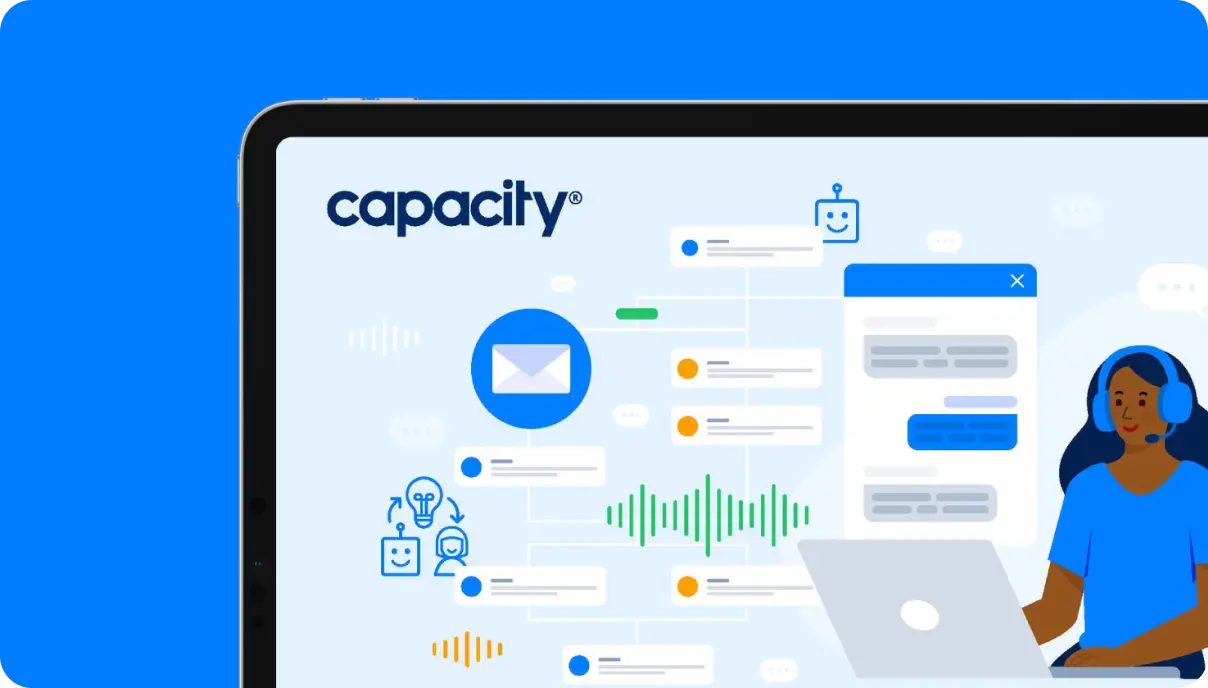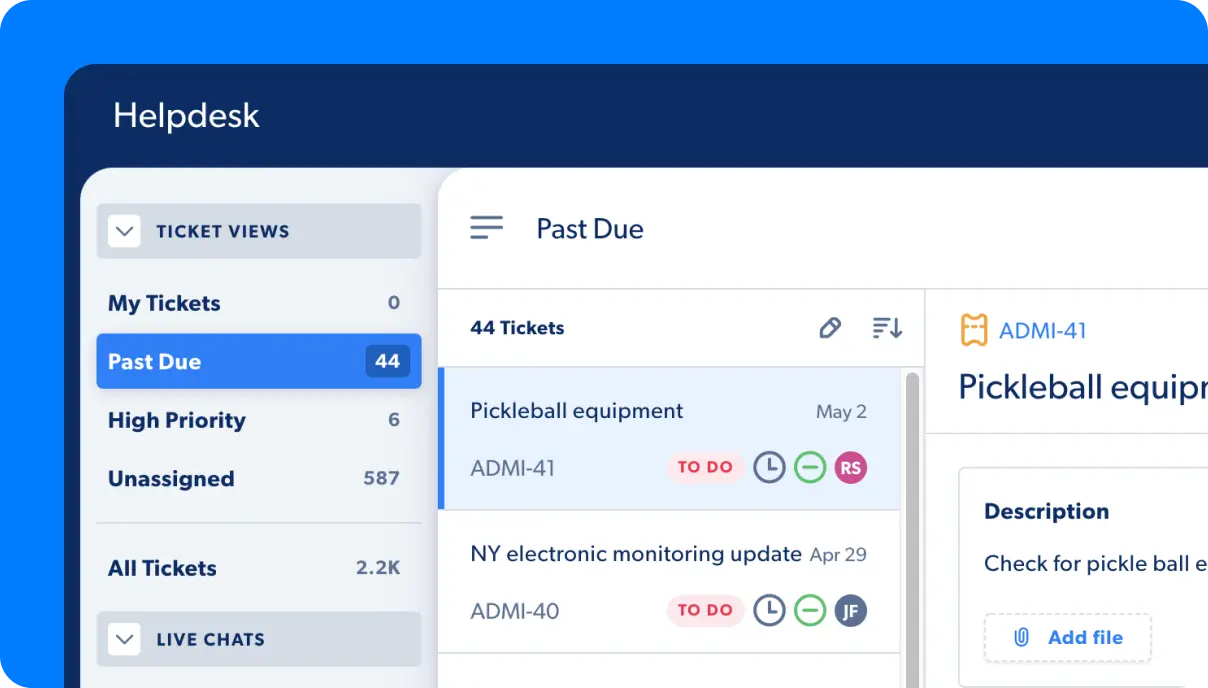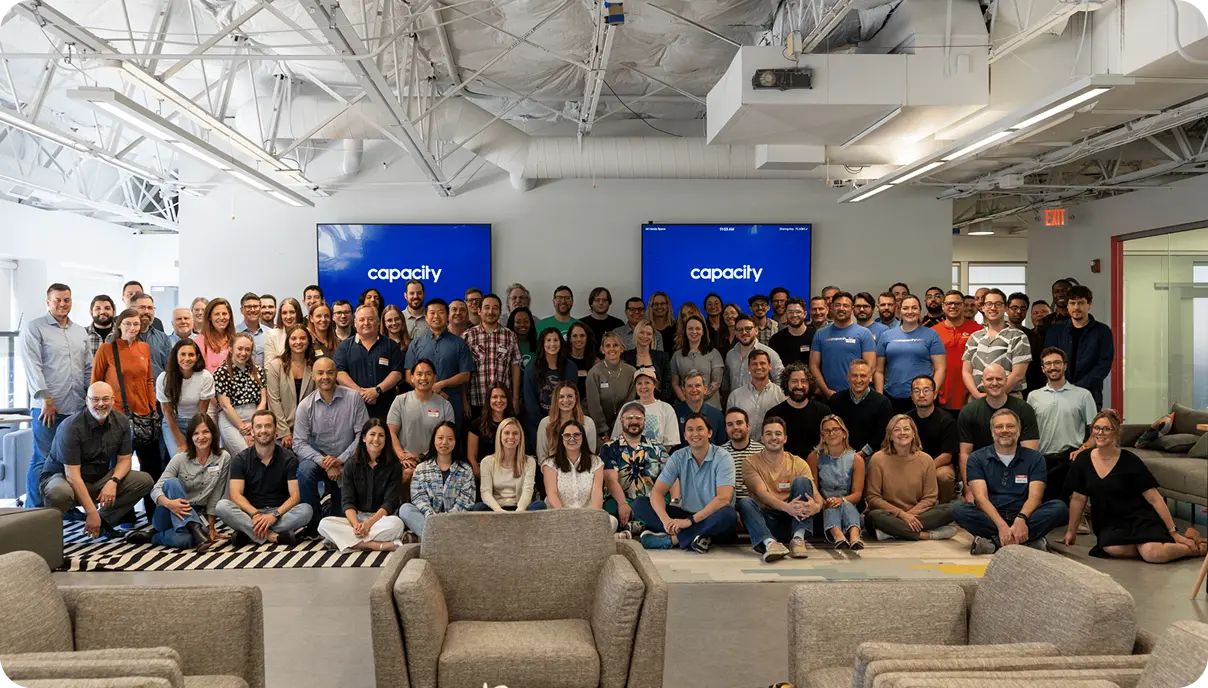Artificial Intelligence (AI) is rapidly transforming the economy. It has already disrupted many industries, including finance, healthcare, and transportation. The latest wave of AI-powered enterprise automation will take what we know now about interactions to another level by integrating systems that can process information in real-time—and even anticipate needs. This new era of automation will provide a much more personalized experience for customers and offer new opportunities for employees who want to make their work easier and more efficient.
What is AI, and how does it work?
AI is a growing field that aims to create algorithms and systems capable of learning from information, experiences, and interactions. The goal is for AI applications to quickly process vast amounts of data enough to make informed decisions or take action in real-time—similarly to how humans would behave. These capabilities mean businesses will have the ability to automate tasks more efficiently—and even free up employees’ time.
What are examples where AI has been integrated into businesses?
There are several areas where AI-powered enterprise automation solutions have already taken hold.
Chatbots provide personalized assistance leveraging natural language processing (NLP) in messaging in customer service. At the same time, virtual agents handle routine requests such as checking account balances or making payments. Meanwhile, virtual assistants like Amazon’s Alexa can learn about consumers’ preferences and anticipate needs.
AI-powered platforms are also helping businesses better understand customers through data analytics tools that can analyze behavior patterns over time across different channels. This means companies will offer more personalized experiences by targeting content or offers based on specific needs.
With AI taking on many of the tasks associated with daily office work, people may find themselves spending less time doing administrative labor in favor of higher-value activities where their skill sets are most needed.
The convergence of three different forces will drive the next wave of automation
In the near future, AI will help process information in real-time and identify patterns to provide a personalized experience. Utilizing these technologies can help employees better use their skill sets and free up some of their time for more critical work that requires human input.
There are three different forces that will drive the next wave of automation:
Machine learning
Machine learning is an integral part of the AI equation. It gives machines the ability to use data and experiences to teach themselves how to do things that humans can already do better than computers, like recognizing patterns or making decisions based on prior experiences.
For example, machine learning algorithms are helping airlines learn from previous flights to make more accurate travel predictions—including which amenities customers want most when flying during peak hours.
IoT
The Internet of Things (IoT) has helped companies connect different physical objects into digital ecosystems where information can be shared across systems faster than ever before. These technologies can predict problems before they arise and provide insights about customer behavior for personalized interactions moving forward.
Big analytics
Accessing this massive amount of data is transforming the way businesses operate. It can optimize business practices, identify customer needs and drive more accurate decision-making moving forward.
Capacity for enterprise support automation.
AI can help with support automation by processing immense amounts of information in real-time and providing insights about your customers. As a result, it frees up support agents to handle more personalized interactions while also offering the ability to scale faster than ever before.
Capacity is an AI platform that can help organizations get more out of their internal and external support. Capacities benefits include:
Connecting your entire tech stack: Capacity can integrate with your existing tech stack to help you better automate daily tasks and provide a more personalized customer experience no matter what kind of systems you’re using.
Customer support: Capacity can help reduce the number of repetitive questions and increase customer satisfaction by providing personalized assistance to customers through AI and custom workflows.
Internal operations assistance: Capacity can assist an organization’s internal support efforts as well. It’s essentially a virtual IT department powered by artificial intelligence.
For example, Capacity can help employees automatically identify solutions for everyday business challenges, speeding up their time to find answers. Virtual agents can provide instant access to training and onboarding documents for new hires, ensuring they have the resources they need to be successful as soon as possible.
Delivers support analytics: Once integrated with your support stack, Capacity can help identify where employees are spending the most time needing assistance. It’s an easy way to report on internal efficiencies and develop a more proactive approach to preventing problems from popping up in the future.
Leveraging AI in enterprise automation
With business operations becoming increasingly automated by intelligent machines, organizations need to be equipped with the right tools to stay ahead of the curve.
Capacity is a comprehensive platform with many other features that help automate internal and external processes across IT environments.










































